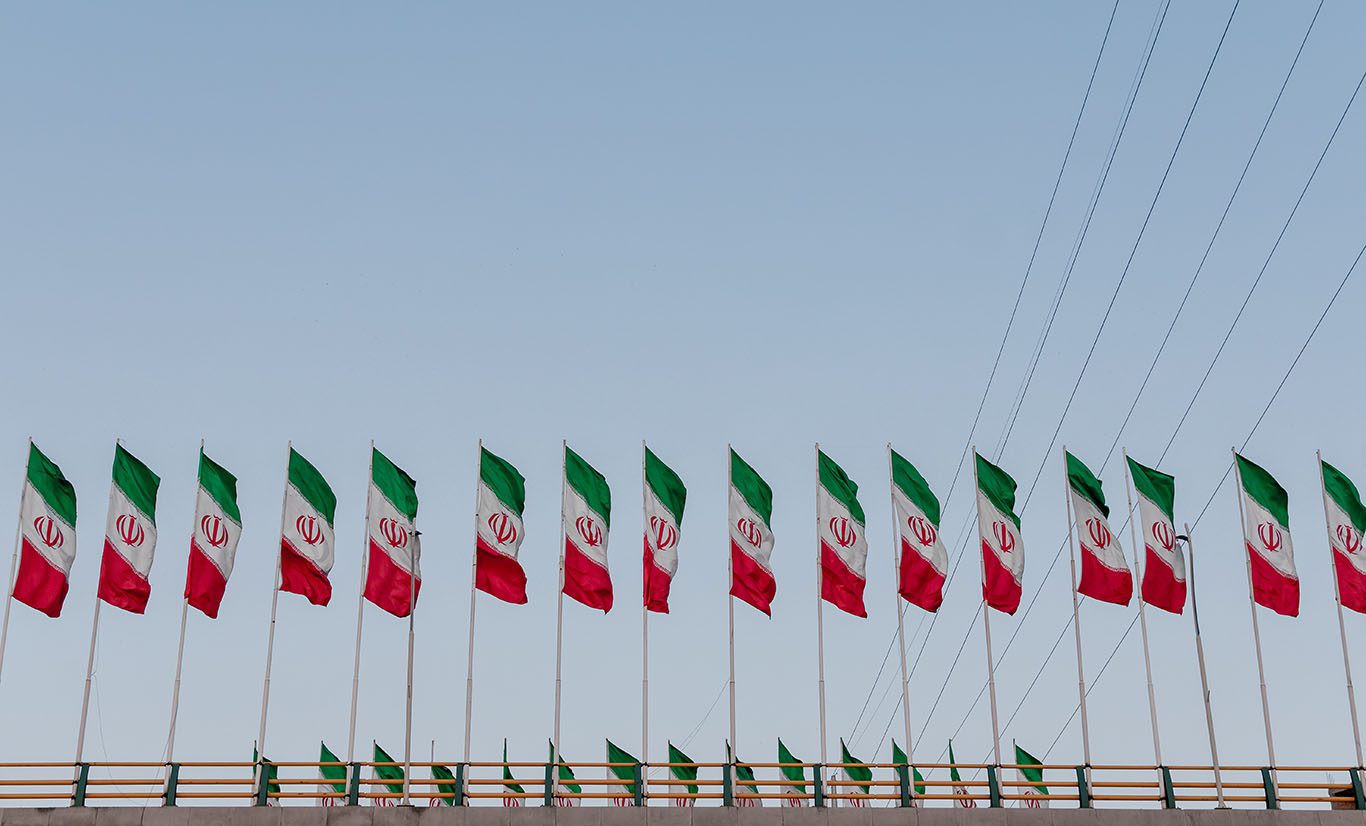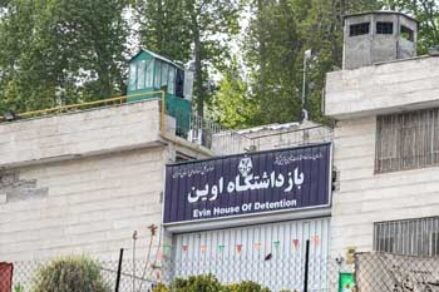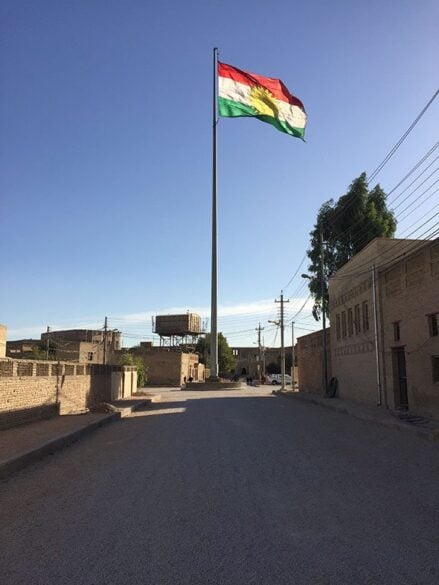‘Total failure’ to indoctrinate
The findings don’t come as a surprise to leaders and scholars.
Rev. Dr. Sasan Tavassoli, a convert in Iran, told Article 18: “There’s no surprise here for me. For quite some time, I have felt that this is where we are in the growth of the church in Iran.”
Afshin Shahi, a UK-based lecturer on Middle East politics, told Article18: “I don’t think the result of the survey is surprising to any Iran observer. Over the last 40 years, the country has gone through a gigantic socio-cultural transition. The survey highlights the fact that a very large segment of the population no longer identifies with Shia Islam, which is used as the ideology of domination by the state.”
Reports from our ministry partners inside the closed country echo these comments—revealing a growing spiritual revolution in Iran. Our partners in these areas have heard and shared repeated accounts of God’s hand moving and Muslims coming to Christ.
“To say a spiritual revolution is happening in Iran is quite an understatement!” Dr. Tavassoli commented. “This is a total failure of the regime’s attempt at indoctrination of the generation since the Islamic Revolution.”
Even Islamic government officials in Iran admit to the growth. Iran’s Minister of Intelligence, Mahmoud Alavi, summoned converts last year to ask them why they were converting, admitting that “conversions are happening right under our eyes.”
Alavi said his agency was collaborating with Muslim religious seminaries to combat the perceived threat of “mass conversions to Christianity across the country.” In his speech, the official also admitted that these converts are “ordinary people, whose jobs are selling sandwiches or similar things.” Article18’s Advocacy Director Mansour Borji pointed out this admission represents a “huge shift” away from Iran’s usual rhetoric that converts are agents of the West who have undergone significant training to undermine national security.
Reportedly, Islamic clerics have expressed serious concern about many young people converting to Christianity. One Islamic seminary leader, Ayatollah Alavi Boroujerdi, remarked that “accurate reports indicate the youth are becoming Christians in Qom and attending house churches.” The seventh-largest city in Iran, Qom is the country’s epicenter for Islamic studies.
Church leaders in Iran believe that millions can be added to the church in the next few years.
“If we remain faithful to our calling, our conviction is that it is possible to see the nation transformed within our lifetime,” one house church leader shared. “Because Iran is a strategic gateway nation, the growing church in Iran will impact Muslim nations across the Islamic world.”
What’s driving the exponential growth?
Ministries and experts say the explosive growth of Christianity in Iran has been driven by the almost palpable spiritual hunger and disillusionment with the Islamic regime and the faithfulness of believers who risk it all to share their Good News in the face of inevitable persecution.
Violence in the name of Islam has caused widespread disillusionment with the regime and has led many Iranians to question their beliefs. Multiple reports indicate that even children of political and spiritual leaders are leaving Islam for Christianity.
Scholar Afshin Shahi makes the connection between Iran’s government and the current disillusionment over Islam, saying that a “bitter experience of the Islamic Republic has undermined Shia Islam to an unbelievable level. A lot of people have either lost their faith in religion or have converted to other beliefs, though given the underground nature of these changes, we never can be 100 percent sure about the numbers.”
As this exodus from Islam continues, Iran’s house-church movement is growing at a rapid rate. Because Farsi-speaking services are not allowed, most converts gather in informal house-church meetings or receive information on Christianity via media, such as satellite TV and websites. The illegal house-church movement—which includes thousands of Christians—continues to grow in size and impact as God works through transformed lives.
And like the church of Acts shows us, the persecution that believers suffered as a group of committed disciples—inspired and ignited by the Holy Spirit—became a catalyst for the multiplication of believers and churches. When persecution came, they didn’t scatter but remained in the city where it was most strategic and most dangerous. They were arrested, shamed and beaten for their message. Still, they stayed to lay the foundations for an earth-shaking movement.
Your part in God’s story
Writing in a time of great persecution for Christ followers who had lost property, been thrown into prison, were ostracized from their Jewish community, etc., the author of Hebrews offers a clear call to prayer for those who are suffering for the gospel:
“Continue to remember those in prison as if you were together with them in prison, and those who are mistreated as if you yourselves were suffering” (Heb. 13:3).
And in Matthew 25:34-36, Jesus is clear that when we enter into the suffering of others, we are answering His call:
“Come, you blessed of My Father, inherit the kingdom prepared for you from the foundation of the world: for I was hungry and you gave Me food; I was thirsty and you gave Me drink; I was a stranger and you took Me in; I was naked and you clothed Me; I was sick and you visited Me; I was in prison and you came to Me.”
Jesus is strategically building His Church throughout the word, in the face of persecution, and exhorts us to stand with and encourage our brothers and sisters as they live out and spread the gospel.





